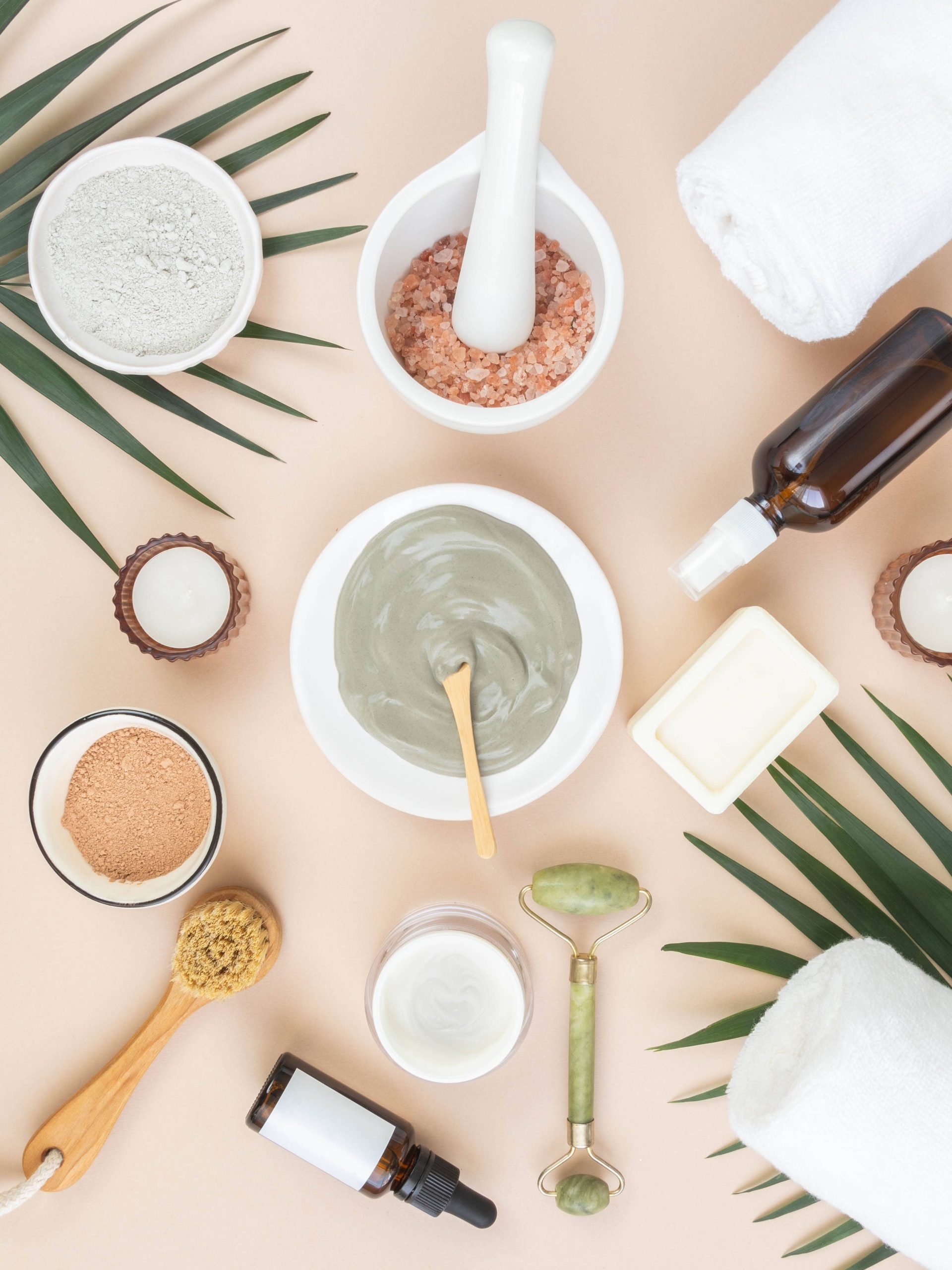
Hyperpigmentation is a common skin condition characterized by darkened areas on the skin. These patches occur when an excess of melanin, the brown pigment that produces normal skin color, forms deposits in the skin. While hyperpigmentation is harmless, it can be a source of cosmetic concern for many. Fortunately, there are several natural remedies that can help lighten these dark spots and even out skin tone. Here are nine effective natural remedies for hyperpigmentation:
1. Aloe Vera
Aloe vera is renowned for its soothing and healing properties. It contains aloin, a natural depigmenting compound that has been shown to lighten skin and work effectively as a non-toxic hyperpigmentation treatment. To use aloe vera, apply pure aloe vera gel directly to the affected areas before bedtime. Rinse with warm water the next morning. Repeat daily for best results.
2. Apple Cider Vinegar
Apple cider vinegar contains acetic acid, which may help lighten pigmentation. It also acts as a natural astringent and toner. To use, mix equal parts of apple cider vinegar and water in a container. Apply to your dark patches and leave on for two to three minutes. Rinse using lukewarm water. Repeat twice daily for effective results.
3. Green Tea Extract
Green tea is rich in antioxidants and has anti-inflammatory properties. Some studies suggest that green tea extract may have a depigmenting effect when applied to the skin. You can use green tea bags by steeping them in boiling water for three to five minutes. Remove the tea bag from the water and let it cool. Rub the tea bag over your dark patches. Repeat twice a day.
4. Licorice Extract
Licorice extract contains glabridin, which has been shown to have anti-inflammatory and skin-lightening effects. It can help reduce the appearance of dark spots and balance skin tone. You can find licorice extract in many over-the-counter skin care products. Apply as directed on the product label.
5. Milk and Honey
Milk contains lactic acid, which can help exfoliate the skin and lighten pigmentation. Honey is a natural moisturizer and has antibacterial properties. To use, mix one tablespoon of milk with one tablespoon of honey. Apply the mixture to the affected areas and leave it on for 15-20 minutes. Rinse with warm water. Use this remedy daily for best results.
6. Turmeric
Turmeric contains curcumin, which has antioxidant and anti-inflammatory properties. It can help reduce the appearance of dark spots and improve skin tone. To use, mix one teaspoon of turmeric powder with two teaspoons of milk and one teaspoon of honey. Apply the paste to the affected areas and leave it on for 15-20 minutes. Rinse with warm water. Use this remedy two to three times a week.
7. Papaya
Papaya contains papain, an enzyme that can help exfoliate the skin and promote the removal of dead skin cells. This can help reduce the appearance of dark spots. To use, mash a ripe papaya and apply it to the affected areas. Leave it on for 20 minutes before rinsing with warm water. Use this remedy twice a week.
8. Red Onion
Red onion extract is often used in skin-lightening creams. It contains compounds that can help reduce pigmentation. You can use red onion by slicing it and rubbing the slices on the affected areas. Alternatively, you can blend the onion and apply the juice to your skin. Leave it on for 10-15 minutes before rinsing with warm water. Use this remedy daily.
9. Yogurt and Oatmeal
Yogurt contains lactic acid, which can help exfoliate the skin and lighten pigmentation. Oatmeal acts as a gentle exfoliant. To use, mix one tablespoon of yogurt with one tablespoon of oatmeal. Apply the mixture to the affected areas and leave it on for 20 minutes. Rinse with warm water. Use this remedy two to three times a week.
Conclusion
While these natural remedies can be effective in reducing hyperpigmentation, it’s important to remember that results can vary depending on the individual and the severity of the condition. Consistency is key, and it may take several weeks to see noticeable improvements. Additionally, always perform a patch test before trying a new remedy to ensure you do not have an allergic reaction. If your hyperpigmentation persists or worsens, consider consulting a dermatologist for professional advice and treatment options.
